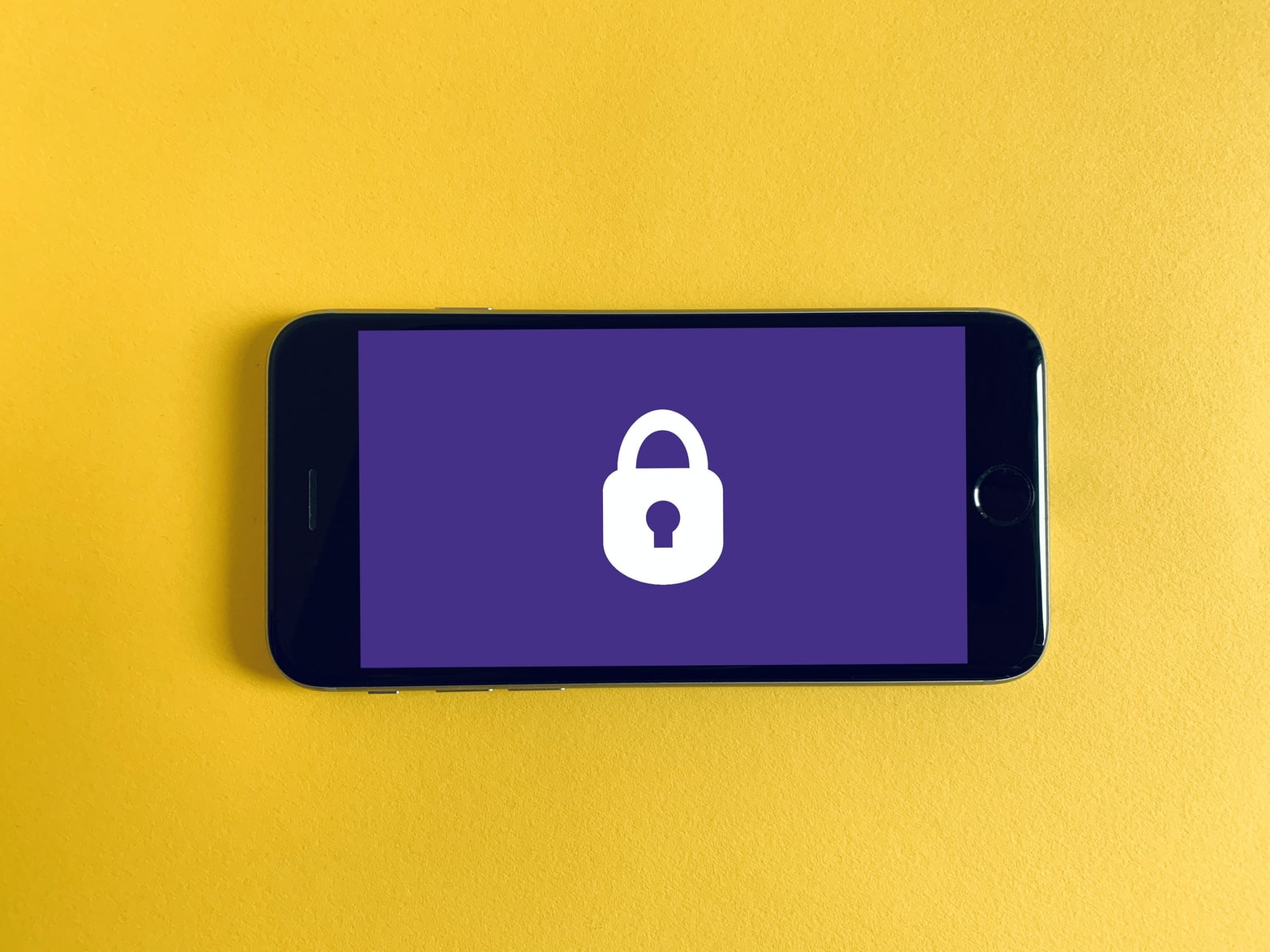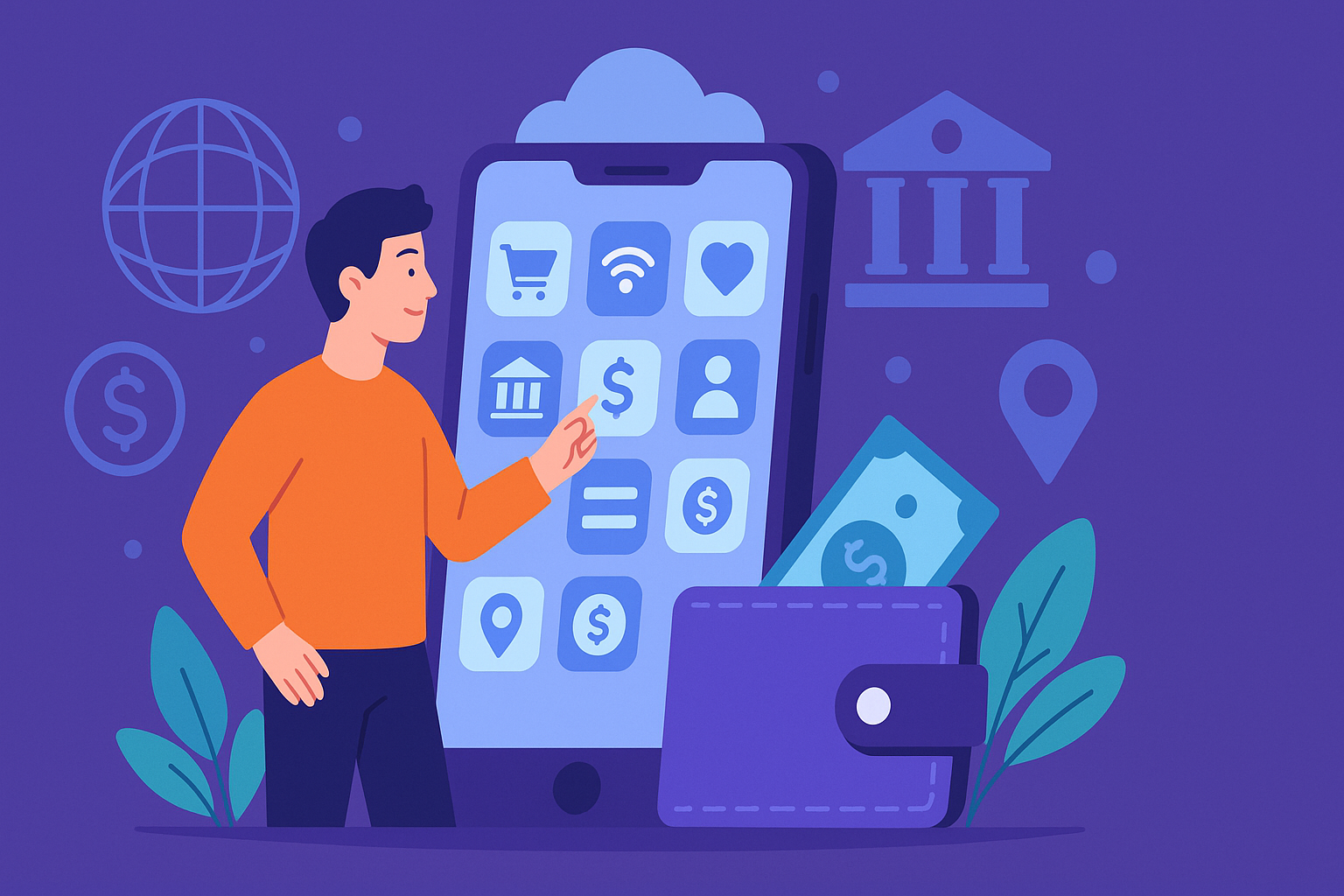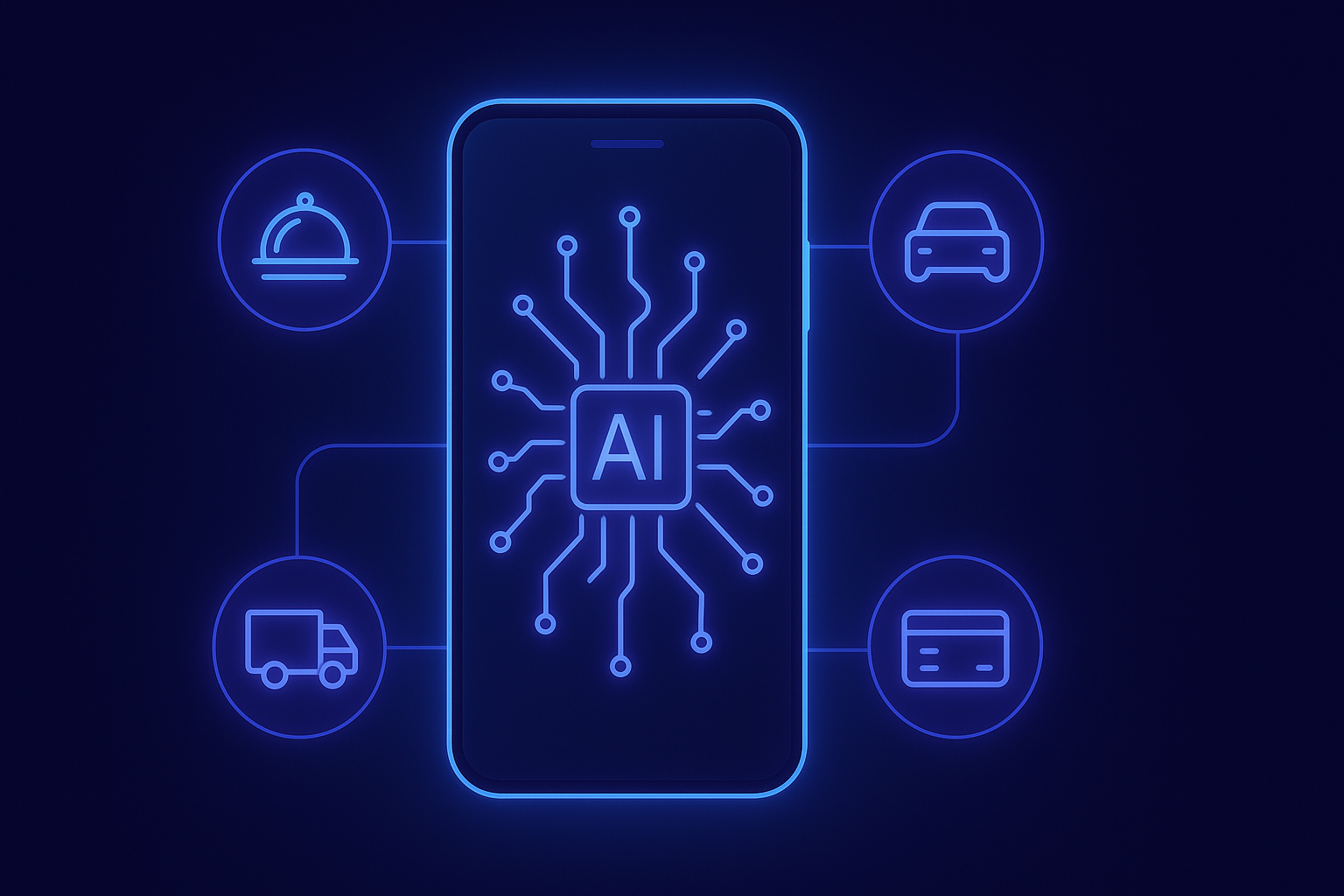Why security is a huge part of digital adoption

Malaysian businesses are taking steps to modernise their infrastructure, but in key emerging technologies such as the Internet of Things, many are still struggling with the lack of niche IT skills. While businesses are making progress in digital transformation because they generally see the advantages of doing so, they still face many challenges that could stifle their efforts in the coming years to be completely digitised.
The rise of pervasive Internet-connected devices and networks allows greater access to our big data, critical business data, personal identity, and more. While no computer is protected from cyber attacks, there is a specific challenge to new technology. To avoid being yet another statistic, business owners today need smart, realistic digital security in place as they implement new technologies.
While digital transformation provides today’s businesses with a variety of opportunities, it also brings difficulties The emerging security needs that come with expanding one’s digital footprint are some of the most prevalent. 85% of chief information security officers see security concerns related to digital transformation as having a relative to a very significant impact on their businesses, according to a new survey by Fortinet. In certain fundamental respects, the digital revolution is altering protection needs. Here are some of the modifications to be careful of.
Expanded attack surface
The more software, knowledge and processes migrate into the digital world, the more resources for hackers and other bad actors are open. There are more possible entry points, making it impossible to catch all bugs and keep track of all threats for cybersecurity professionals.
Hackers often can travel laterally across the network of an organisation once they gain access to one device. This implies that a network is just as secure as its weakest point. Siloed security devices, which restrict visibility into the network, make the situation even more difficult.
Higher potential for damage
The potential for harm due to a data breach or hack is greater than it ever was. Today, data is incredibly important to corporations, because more devices are now linked to the internet, meaning they may be hacked.
In essential operations, some of these instruments and innovations are involved. An incident in which any of these operations was interrupted by a cyber attack may have serious consequences. The electricity grid, medical equipment and cars, for instance, all now have digital components. Moreover, the more heavily a company relies on emerging technology, the more dangerous an attack could be.
Cybersecurity solutions for the digital transformation
What adjustments should be made by those responsible for cyber protection to account for the impact of digital transformation? There are a couple of suggestions here:
- Integrate security systems: Integrating security systems helps improve visibility into a network and aids in managing a larger attack surface.
- Built-in security: Use applications and devices that have built-in security. If you’re building an application, make strong security settings the default option.
- Provide training to staff: Skills gaps related to digital technologies and cybersecurity can open up companies to threats. Provide regular training to IT and cybersecurity personnel to boost their performance. Additionally, train other staff members on how to recognise emails from scammers and avoid exposing data to threats.
- Perform routine checks: carry out periodic penetration tests to detect possible vulnerabilities and security enhancement opportunities.
- Automate cybersecurity practices: The introduction of automation into security processes will help enterprises, even with minimal staff and resources, constantly track for threats and extend the cyber defence of that enterprise.
- Share threat intelligence: Share it around the company so that everyone can take action to mitigate risk if information about a possible threat is discovered.
The reasons for using a VPN and how your computers are safeguarded:
- Privacy is your right:
- It is a right to keep yourself and your business or organisation private and safe. This point sums up all the points below for using the VPN service.
- It is rising increasingly in today’s era and is seen as a critical internet security application. The VPN protects all the personal details of an entity or an individual from you. Since privacy is the right thing.
- Stop browsers from tracking you
- VPN secures the use of browsers such that no browser records the data you are looking for. No matter how much you enjoy the services, there are many free browsers like Google, but it knows everything about you.
- Often your data is misused by a lot of hackers or online criminals. People face difficulties and humiliation quite frequently. But with a VPN, you can mask your IP address and prevent problems like that.
- Secure your streaming
- VNP offers complete video streaming from anywhere. For example, if you don’t like the content that shows in the region, then use a VPN that enables you to make it look like you are in the U.S. and stream their series and content, live in France, but want to travel in the U.S.
- There are many applications limited by regional ISPs, but you can stream any content by using a VPN.
- Use public Wi-Fi without any risk
- Public Wi-Fi, such as those located at most cafes or airports, are easy targets for hackers. Using a VPN will add protection to your computer to ensure that every public area becomes secure hotspots.
- VPN provides better VOIP
- VOIP stands for IP-over-Voice. A free or affordable way to call or communicate with individuals, like Skype or Google Hangouts. It seems like a rare thing, but just like most internet services, VOIP can be hacked by anyone.
- A VPN will prevent phone calls from being hacked and intercepted by hackers. It ensures the company’s point-to-point conversation is safe.
- For extra digital security
- Every company needs to protect its data and it is possible with a digitally secure VPN. Everything can be safe and secure via a VPN, from photos to staff, personal information record to the company’s financial records.
- Secondly, there is no question that all our lives are online today, and when you transfer your information or personal data from your computer to other entities or organisations, using a VPN can provide additional encryption and security. So the best resource to do so is to safely pass a VPN.
The benefits of using Secure VPN
- Advanced Security:
- Your computer can be damaged by unnecessary browsing or hackers, but a VPN offers many benefits to improve our online protection and privacy.
- It also allows users to reach any location and secure their data from online traps. As well as using a public Wi-Fi network, VPN offers maximum protection and does not disclose your IP address to anyone and will be encrypted against any intruders.
- Remote Access:
- This is one of the greatest advantages to a VPN, as the service can be accessed remotely.
- VPN hides your online identity:
- VPN makes it easy to hide the IP address by which hackers access your account easily as well as protect your data and information, essentially shielding your computer from being hacked.
Safe VPN
Safe VPN is a tool that gives your device the power to encrypt, coupled with anonymity-centric features to provide sufficient protection and privacy.
Safe VPN enhances a private network over a public network and allows data to be transmitted and received by users. That means that it allows users to safely and privately link to a private network over the Internet. VPN also establishes an encrypted link called a VPN tunnel that passes all internet traffic and communication while keeping user data safe and secure.
—
Madison Technologies focuses on building amazing digital product experiences that scale.






